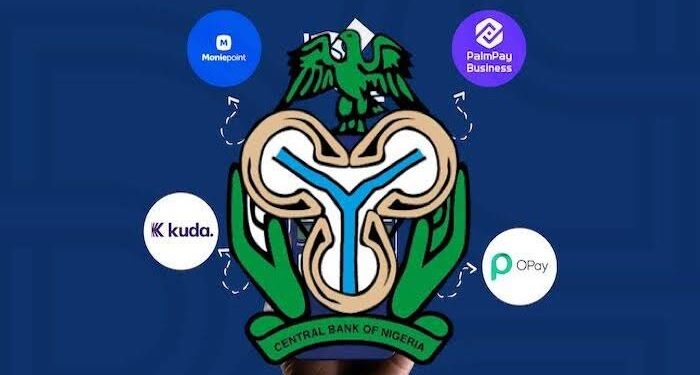Starting today, Nigerian neobank/digital bank customers will be charged a ₦50 levy on transfers of ₦10,000 ($6) and above.
This action comes as the Federal Inland Revenue Service (FIRS) extends the Electronic Money Transfer Levy (EMTL) to fintech, aligning it with traditional banks.
The EMTL, introduced in 2020 as part of Nigeria’s Finance Act 2019, was originally intended to increase government revenue. However, its application to fintech has been delayed until now, raising eyebrows over the timing.
Previously, fintechs like Kuda Bank attracted customers by offering perks like 25 free monthly transfers. These benefits, along with fast and low-cost transactions, helped these digital banks gain popularity. Many users maintained accounts with traditional banks but relied on these banks for daily transactions.
The EMTL was first imposed on deposit money banks in December 2023 and extended to foreign currency transactions in January 2024. Applying it to neobanks now ensures that both traditional and digital banks follow the same rules.
Some argue that the levy contradicts the appeal of neobanks. However, others believe it’s a fair application of the law.
This regulation is the latest in a series of measures targeting fintech in Nigeria. For digital bank users, it may signal the end of truly free transfers. Yet, the growing role of neobanks in the financial sector remains undeniable.
Whether customers will shift back to traditional banks or absorb the new costs remains to be seen. But one thing is certain: Nigeria’s neobanks are entering a new era of regulation.





















































